This week there was one big political backtrack and one big political push forward. Neither has any direct effect on Irish farmers. However, both show how politically motivated policy can hugely affect a sector.
Late last week, the German government pushed back on the deadline for using fossil fuels in cars. This last-minute backtracking by Germany over the landmark EU agreement to phase out fossil fuel car engines overshadowed a meeting of the 27 national leaders in Brussels on Thursday, raising concerns of stalling progress towards EU green goals.
In recent weeks, Germany refused to give the final sign-off to an agreement to phase out the internal combustion engine.
This had already been previously approved by the European Parliament and the 27 governments as a core element to the EU reaching its Paris Agreement commitments.
The German government has asked for an exemption to be belatedly added into the agreement to create a loophole for so-called e-fuels: synthetic fuels that are made with electricity, including from renewable sources.
Critics warn that in effect this would allow cars with engines that can burn fossil fuels to be sold past an already-announced phase-out date of 2035. While the Irish Government gave up a long time ago on defending emissions from Irish agriculture, their German counterparts have given a textbook example on how to defend a key sector to the national economy.
Germany, more than any other EU member, is an automobile powerhouse, all fuelled by the internal combustion engine which the EU intended would cease production in 2035, with vehicles going electric.
If the Irish livestock sector was given the next 12 years like the German auto sector to come up with and adopt new technology to further reduce emissions, cutting livestock numbers may not be necessary
With the industry not in a position to fully transition from fossil fuel powered engines by 2035, the German government has stepped in to negotiate an alternative plan – a hybrid of sorts. So, it looks like the German Mercedes is more important than Irish food?
Irish answers
If a similar approach was taken on methane emissions from Irish livestock, it might mean proceeding using existing technology up to an 18% reduction in emissions and not introducing livestock reduction schemes.
If the Irish livestock sector was given the next 12 years like the German auto sector to come up with and adopt new technology to further reduce emissions, cutting livestock numbers may not be necessary.
This week in Brussels at the Forum for the Future of Agriculture (FFA), Frans Timmermans reiterated his policy objective of halving the use of pesticides, greatly reducing the use of synthetic fertilisers, and the use of imported feedstuffs to feed animals.
However, there is a general sense that this EU policy is under much more scrutiny on food security grounds given the events in Ukraine now.
Australian export ban
The other significant political move this week was the ban on the live export of sheep from Australia on so-called welfare grounds.
As Labour swept to victory in Australia, a political storm has erupted that will have big consequences for the Australian sheep industry.
The main opposition leader condemned the move as a “reckless” and “ideological” decision to forcibly shut down Australia’s live sheep industry, but the government is charging on to close down the $92m trade.
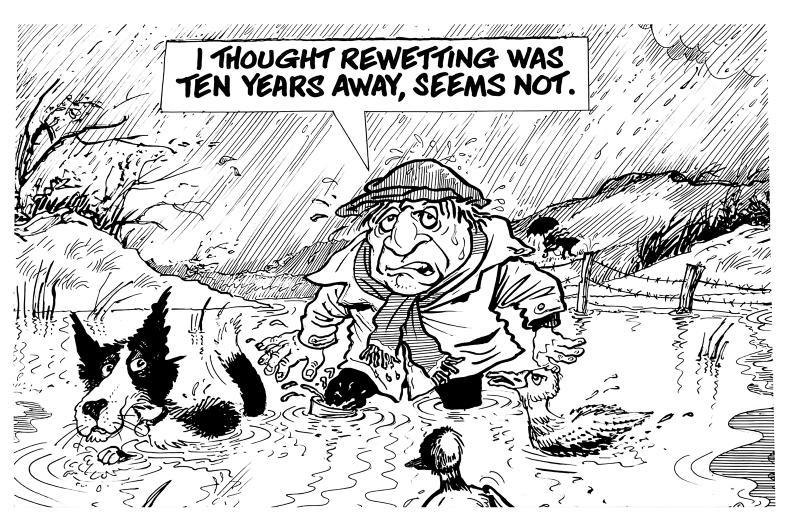
\ Jim Cogan
So what happens next for Australian sheep farmers? About 50% of their sheepmeat is processed and exported to China. You would expect the Chinese reliance to grow. The live export demand from Saudi and the Middle East will have to look elsewhere.
The Irish angle is that last weekend the French lairage that accepts thousands of calves travelling from Ireland to the Netherlands was closed as a welfare investigation was under way.
The calf export trade wobbled. The impact is much less in late March than what might have happned if this occured in early February.
The Australian example shows how any whiff of a welfare issue can blow up into an outright ban if it suits the political agenda.
As the EU and Australia close in on a free-trade agreement, the naysayers will shout that maybe boxed, frozen Australian lamb into the EU is on the cards?
These events in Germany and Australia this week show political moves matter and can affect an industry overnight.
This week there was one big political backtrack and one big political push forward. Neither has any direct effect on Irish farmers. However, both show how politically motivated policy can hugely affect a sector.
Late last week, the German government pushed back on the deadline for using fossil fuels in cars. This last-minute backtracking by Germany over the landmark EU agreement to phase out fossil fuel car engines overshadowed a meeting of the 27 national leaders in Brussels on Thursday, raising concerns of stalling progress towards EU green goals.
In recent weeks, Germany refused to give the final sign-off to an agreement to phase out the internal combustion engine.
This had already been previously approved by the European Parliament and the 27 governments as a core element to the EU reaching its Paris Agreement commitments.
The German government has asked for an exemption to be belatedly added into the agreement to create a loophole for so-called e-fuels: synthetic fuels that are made with electricity, including from renewable sources.
Critics warn that in effect this would allow cars with engines that can burn fossil fuels to be sold past an already-announced phase-out date of 2035. While the Irish Government gave up a long time ago on defending emissions from Irish agriculture, their German counterparts have given a textbook example on how to defend a key sector to the national economy.
Germany, more than any other EU member, is an automobile powerhouse, all fuelled by the internal combustion engine which the EU intended would cease production in 2035, with vehicles going electric.
If the Irish livestock sector was given the next 12 years like the German auto sector to come up with and adopt new technology to further reduce emissions, cutting livestock numbers may not be necessary
With the industry not in a position to fully transition from fossil fuel powered engines by 2035, the German government has stepped in to negotiate an alternative plan – a hybrid of sorts. So, it looks like the German Mercedes is more important than Irish food?
Irish answers
If a similar approach was taken on methane emissions from Irish livestock, it might mean proceeding using existing technology up to an 18% reduction in emissions and not introducing livestock reduction schemes.
If the Irish livestock sector was given the next 12 years like the German auto sector to come up with and adopt new technology to further reduce emissions, cutting livestock numbers may not be necessary.
This week in Brussels at the Forum for the Future of Agriculture (FFA), Frans Timmermans reiterated his policy objective of halving the use of pesticides, greatly reducing the use of synthetic fertilisers, and the use of imported feedstuffs to feed animals.
However, there is a general sense that this EU policy is under much more scrutiny on food security grounds given the events in Ukraine now.
Australian export ban
The other significant political move this week was the ban on the live export of sheep from Australia on so-called welfare grounds.
As Labour swept to victory in Australia, a political storm has erupted that will have big consequences for the Australian sheep industry.
The main opposition leader condemned the move as a “reckless” and “ideological” decision to forcibly shut down Australia’s live sheep industry, but the government is charging on to close down the $92m trade.

\ Jim Cogan
So what happens next for Australian sheep farmers? About 50% of their sheepmeat is processed and exported to China. You would expect the Chinese reliance to grow. The live export demand from Saudi and the Middle East will have to look elsewhere.
The Irish angle is that last weekend the French lairage that accepts thousands of calves travelling from Ireland to the Netherlands was closed as a welfare investigation was under way.
The calf export trade wobbled. The impact is much less in late March than what might have happned if this occured in early February.
The Australian example shows how any whiff of a welfare issue can blow up into an outright ban if it suits the political agenda.
As the EU and Australia close in on a free-trade agreement, the naysayers will shout that maybe boxed, frozen Australian lamb into the EU is on the cards?
These events in Germany and Australia this week show political moves matter and can affect an industry overnight.






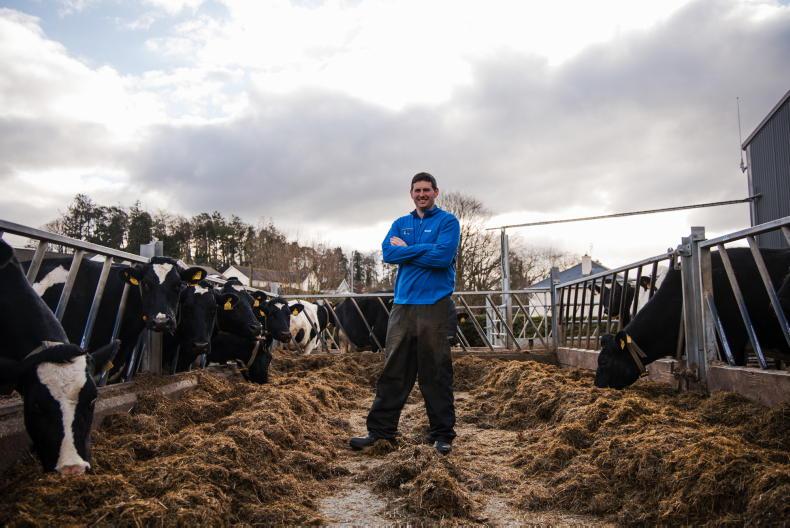

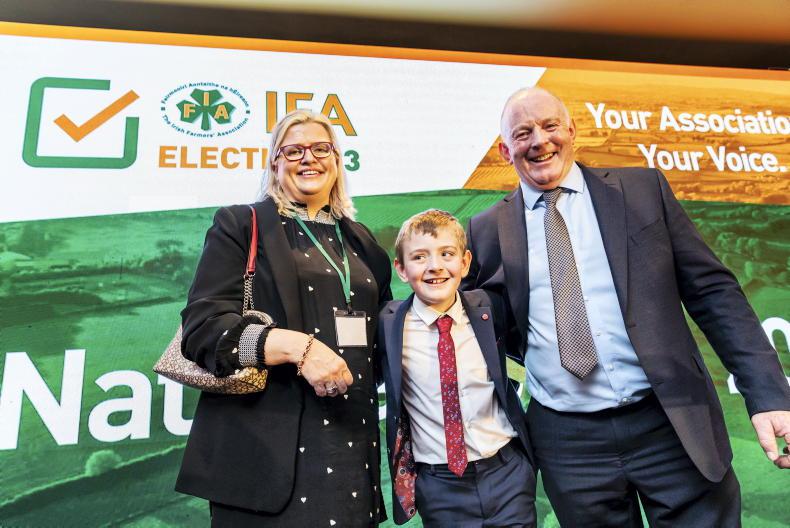
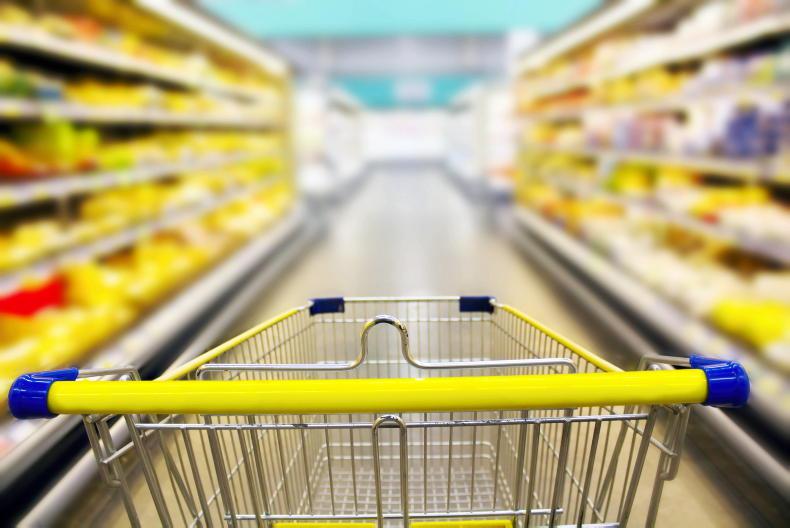
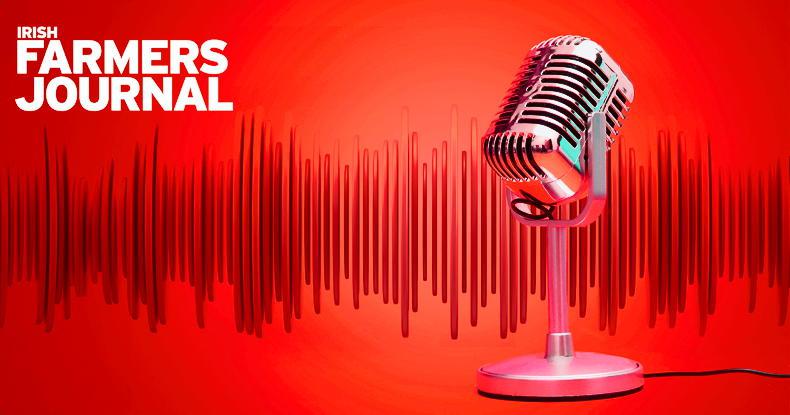
SHARING OPTIONS